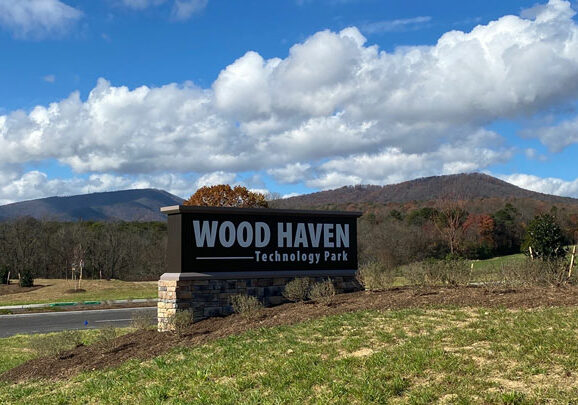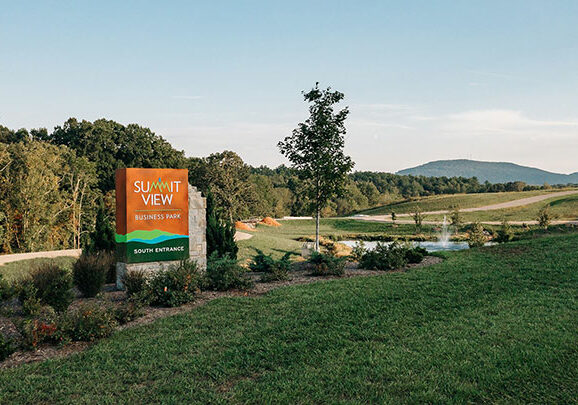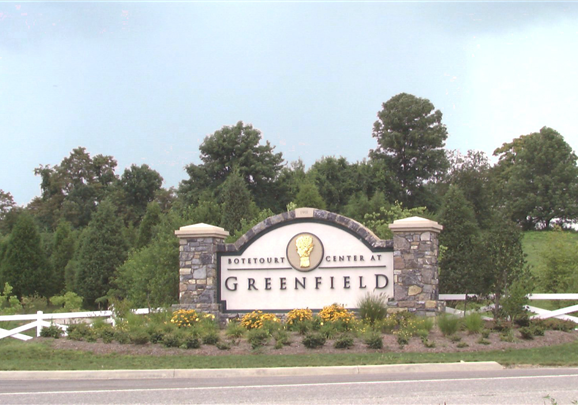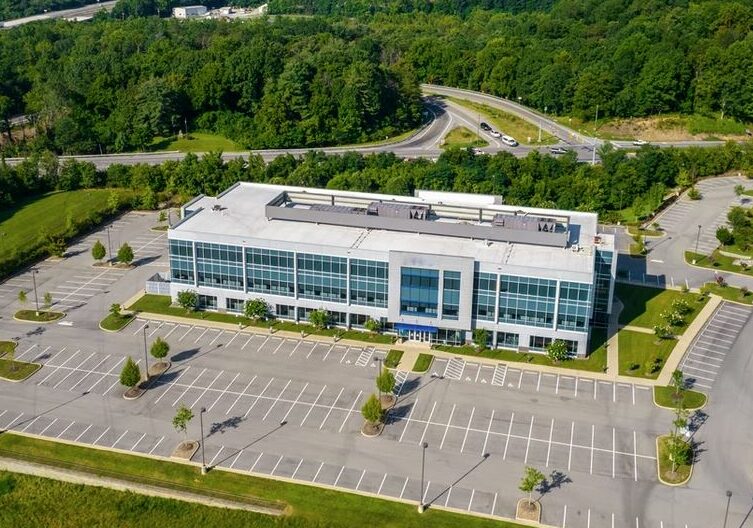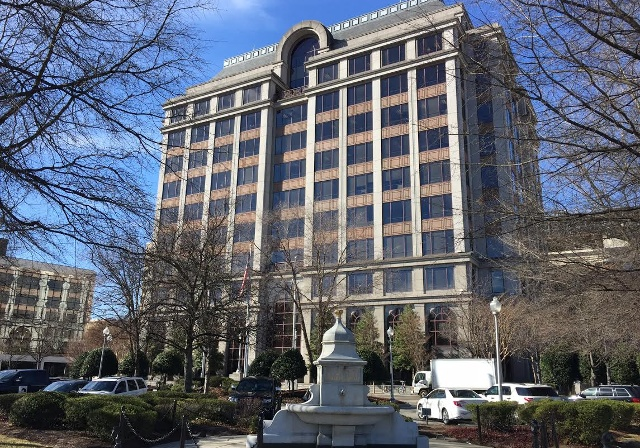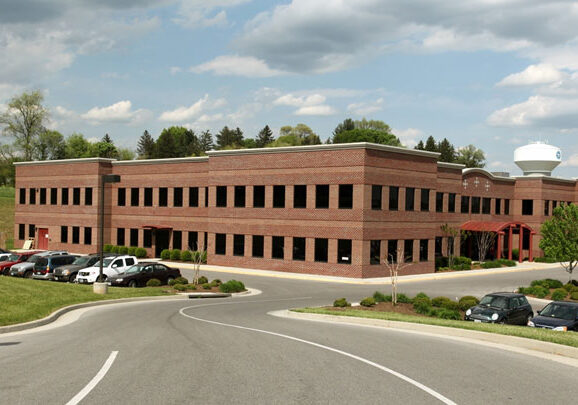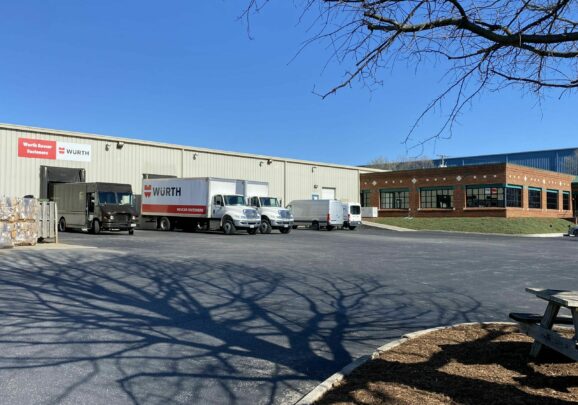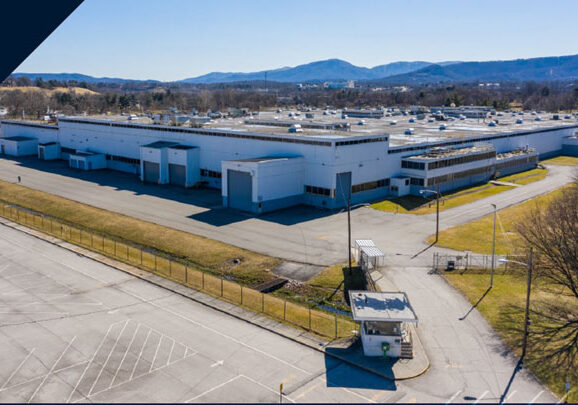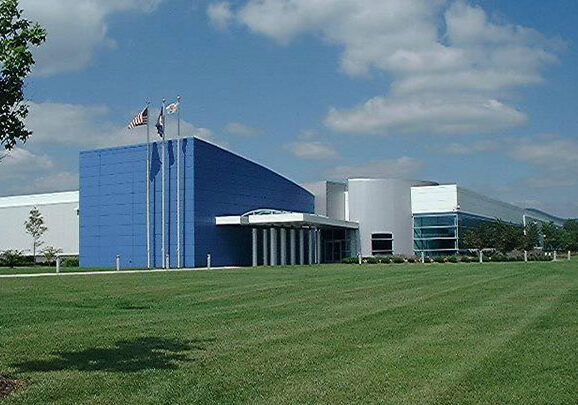
Modern Infrastructure to Keep your Business Moving Forward
The Roanoke Region boasts a robust utility infrastructure that caters to the diverse needs of its residents and businesses. From reliable electricity and clean water to efficient waste management and advanced telecommunication services, the utilities in the Roanoke region are thoughtfully designed to enhance the quality of life for its inhabitants. With a strong focus on technological innovation and community well-being, the utilities in the Roanoke region play a vital role in fostering a thriving and environmentally conscious urban environment.
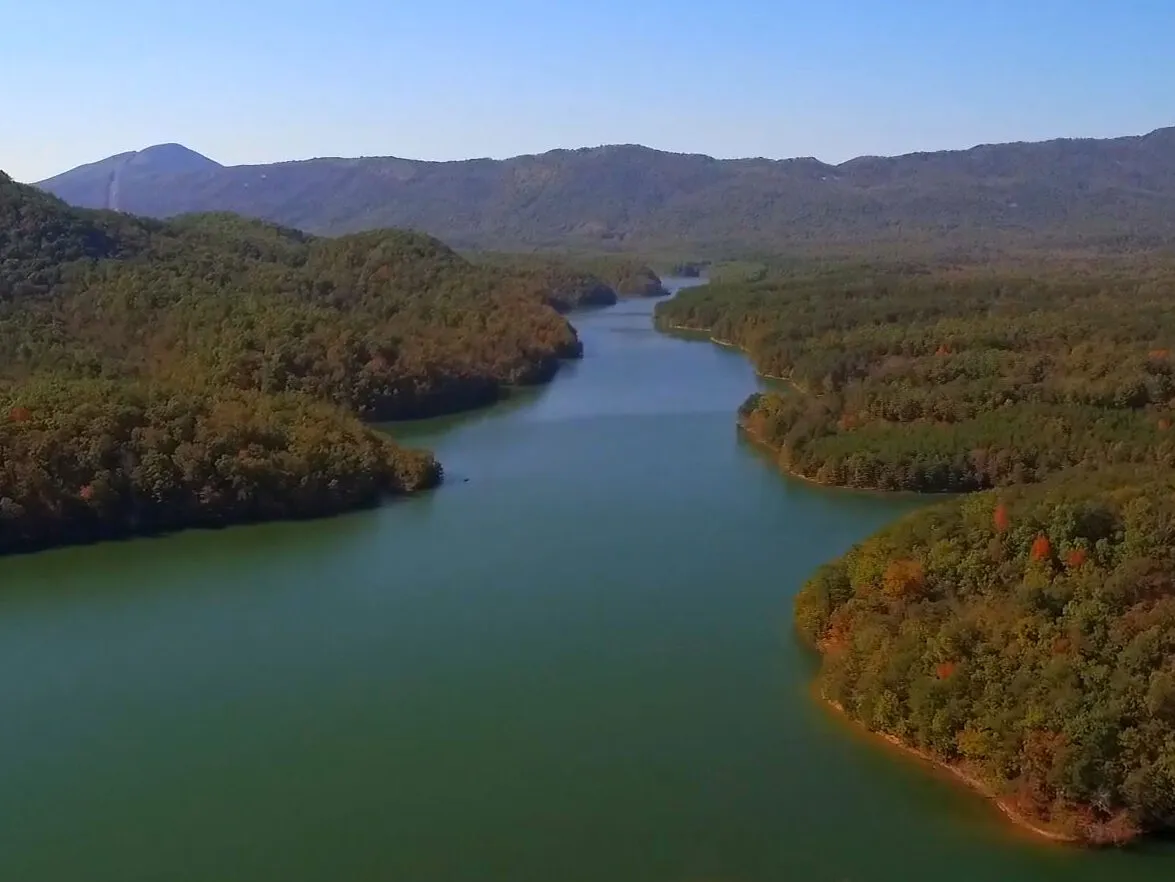
Water & Sewer
When water or treatment is essential to your production, the Roanoke Region offers an all-round resource solution for your needs. It starts with an abundant supply of high quality water. Followed by available treatment capacity without surcharges. All at costs well below the Virginia average. Combine that with low costs of living and doing business and your company can seek a new level of success in the Roanoke, Virginia region.
Plenty of water from the source
- Capacity: Current demand is only 43 percent of the available daily supply of treated water.
- Redundancy: An interconnected distribution system provides reliable supply.
- Softness: Largest sources range from soft to only moderately hard and don’t require softening for a wide range of industrial uses.
- High Quality: Sourced at the headwaters of the Roanoke River so there is no upstream development to affect water quality and reports show substances within ideal goals.
- Consistency: Large reservoirs limit the impacts of stormwater.
- Savings: Based on volume, water rates are 17 to 22 percent below the Virginia average.
Treating industry well
- Capacity: Daily average wastewater flows average just over half of capacity.
- No excess strength charges: an advanced tertiary treatment system and unused capacity allow you to save on critical operating costs with no excess strength charges on wastewater.
- Partnership: Easy pretreatment permitting and no-cost pretreatment permits.
- Liberal limits: food industry effluents are allowed in greater concentrations eliminating or limiting the need for pretreatment.
- Savings: Based on volume, sewer rates are 26 to 40 percent below the Virginia average.
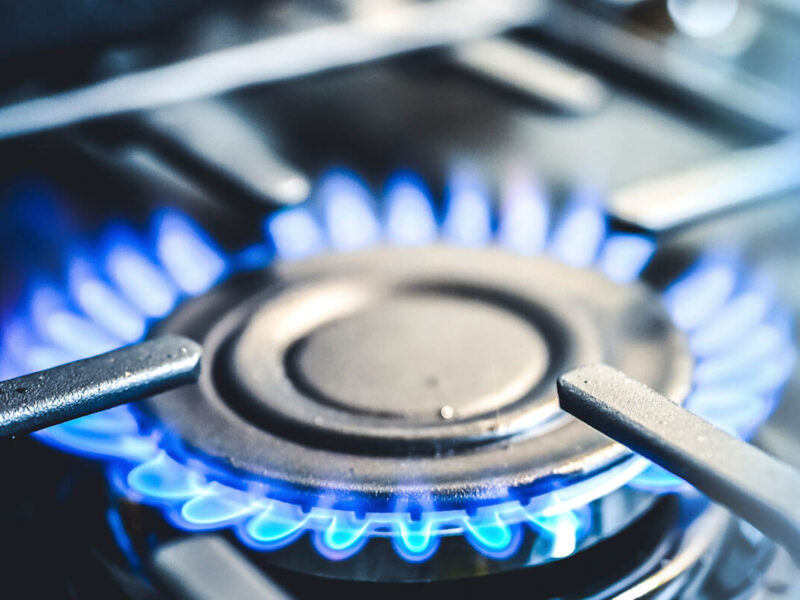

Gas & Electric
The Roanoke Region offers some of the lowest electric rates in the United States through Appalachian Power (a unit of American Electric Power). Dominion Virginia Power also serves part of the region with affordable rates. The 2015 reliability rate for the Roanoke market is 99.969% (excluding major storms).
Gas is supplied by Roanoke Gas and Columbia Gas at very competitive rates. Propane and trucked solutions are also available at certain locations.
Telecommunications
& Broadband
Local telecommunications providers include Verizon, Lumos Networks, Cox Communications, Comcast, Shentel/Glo Fiber, Centurylink, MidAtlantic Broadband Corporation, Roanoke Valley Broadband Authority, and Citizen’s Cooperative. The region is served by a robust fiber network linking major commercial and institutional centers with regional and national providers. Major long distance carriers also include AT&T, Crown Castle, Lumen, Segra, Uniti & ZAYO among others.
Cox Communications maintains near-universal coverage for both residential and commercial customers throughout the Roanoke Valley. All customers in Roanoke can access speeds up to 1 Gbps, and Cox is investing millions in the next three years to further transform its network into a 10-Gig capable, fiber-based network that can serve the next generation of internet users. Cox Business supports a range of clients – from small retail stores to healthcare providers to Fortune 500 companies – with high-speed internet, VOIP, cloud-based and security services. Cox Business can offer businesses local support and tools to promote resilience, improve customer service, and accelerate and manage growth.
In addition to private carriers, the Roanoke Valley Broadband Authority operates a 100-mile regional network with fiber-based, business-class service in the Roanoke Valley. The bandwidth offered through the Authority’s services is exclusive to the end user and is ideal for institutions and businesses that must move large volumes of data reliably. The RVBA offers speeds including 10Gbps with larger capacity being planned. Network transport services are available up to 100Gbps. The authority also allows customers to lease dark fiber. The RVBA is able to provide customers with the highest level of customer service to meet their specific requirements and a proven commitment to long-term customer satisfaction.
Wireless data and voice services are available throughout the region. Major providers include Verizon Wireless, T-Mobile, and AT&T.

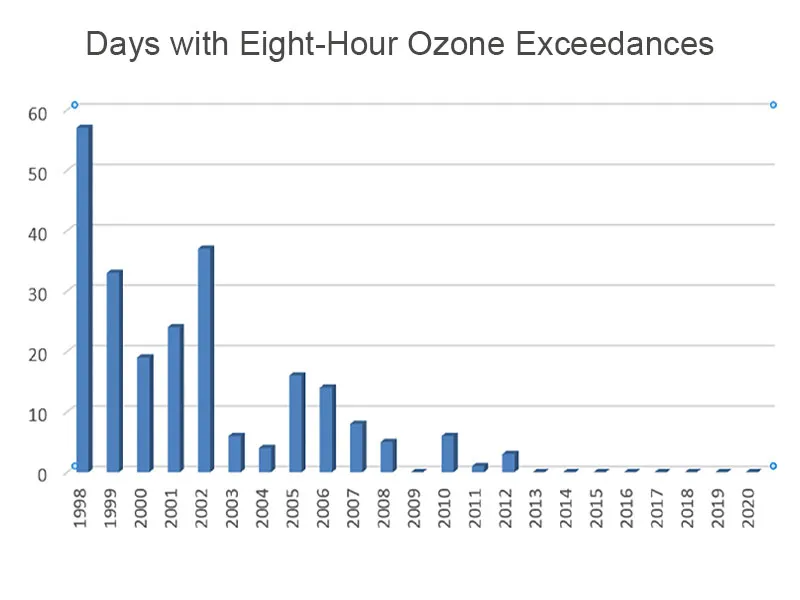
Air Quality
The entire Roanoke Region is currently in attainment for all criteria pollutants monitored by the EPA. This important status represents substantial savings in money and time.
The U.S. Environmental Protection Agency classifies the air quality as meeting federal standards (i.e. “attainment”) or not (i.e. “non-attainment”). Significant industrial facilities locating in a non-attainment area often face a longer permitting process. In many cases, facility managers must invest in additional pollution control technologies, thus increasing the capital costs required to establish operations.
The American Lung Association lists the Roanoke Metro area as one of the cleanest regions in America for ozone and 24-hour particle pollution.
We’re here to help
The Roanoke Regional Partnership serves as the point of contact for businesses looking to relocate and expand. We are connectors who match your needs and questions with the resources and answers. We’re a one-stop-shop for learning, evaluating, and connecting with the Alleghany, Botetourt, Franklin, and Roanoke counties, cities of Covington, Roanoke, and Salem, and the town of Vinton.
Let us help you find the right site or building for companies, create custom research for your business decision, and connect you with the people and services that will help you see why the Roanoke Region is the right place.
